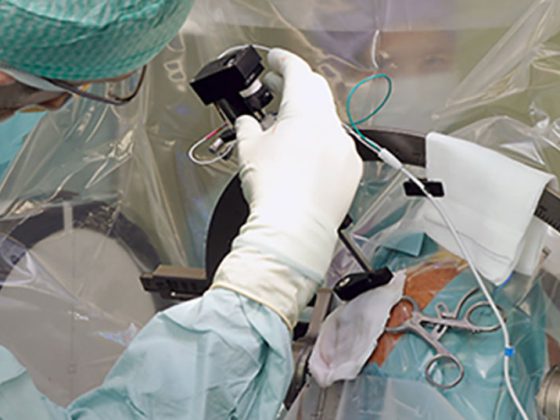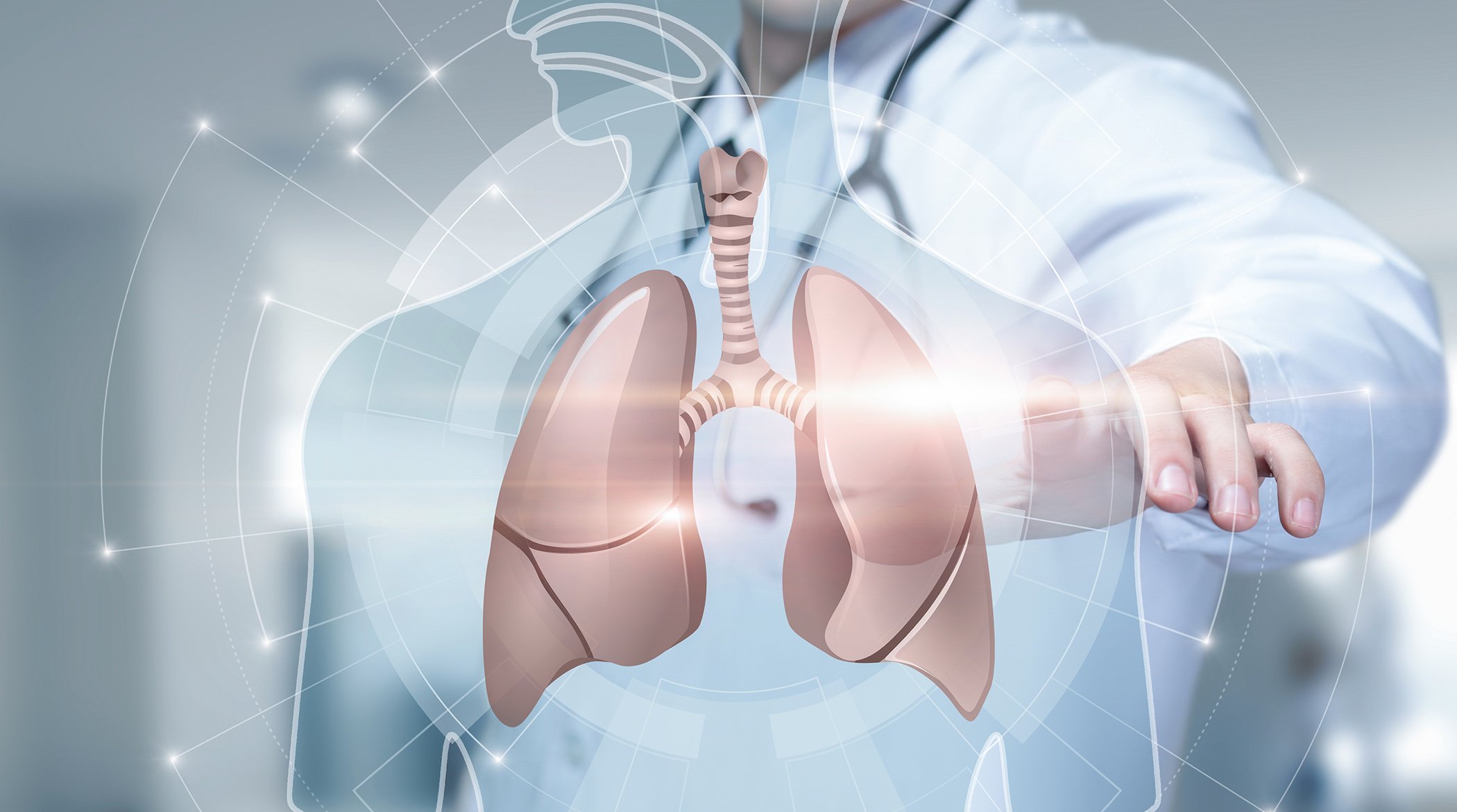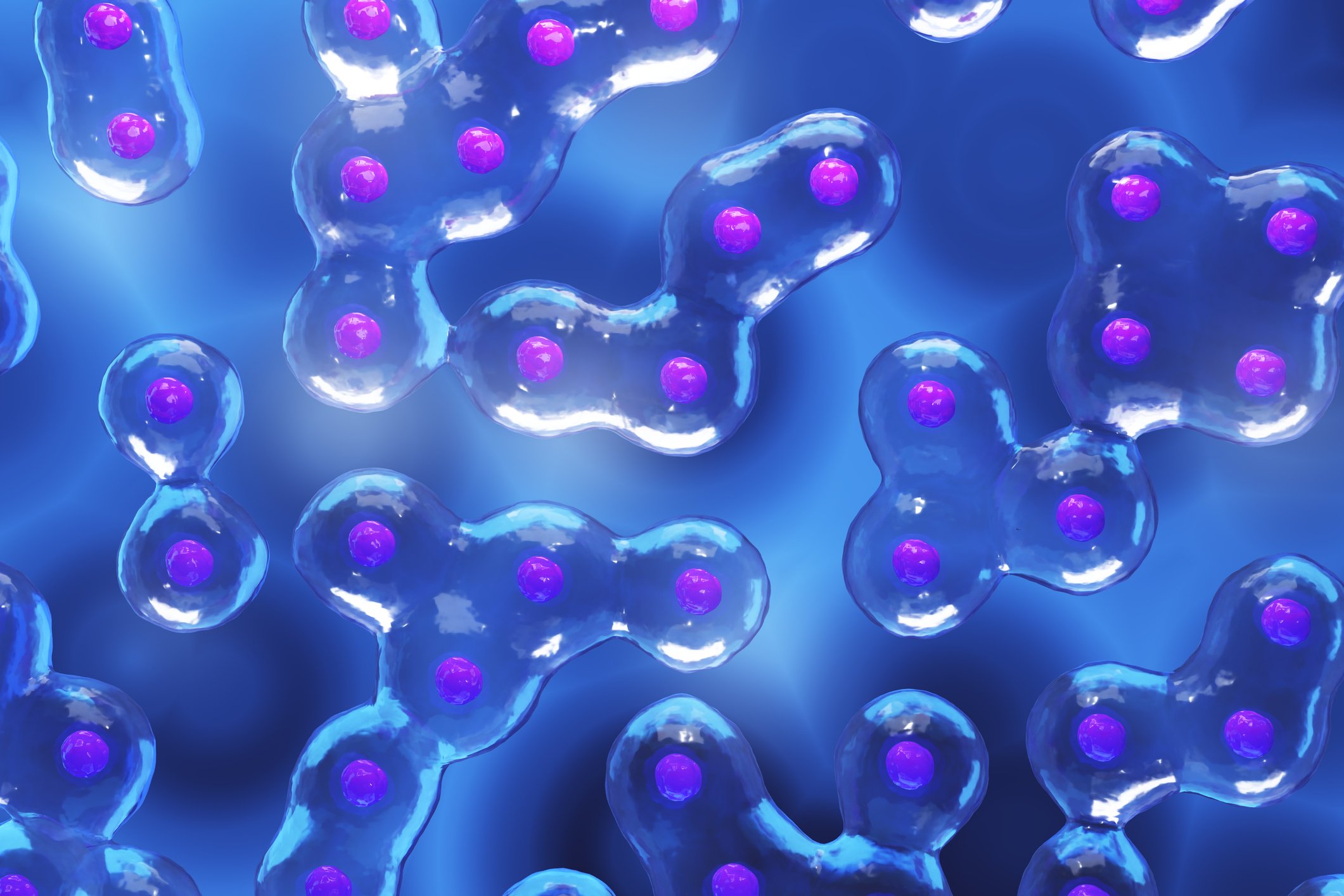The social situation of unemployed people is characterized by the following factors: Objectively, it is the loss of the psychosocial functions of work to mention, subjectively, the situation depends on the attitude to work, the work/occupation orientation, the own value attitudes, the subjective definition of gender/family role as well as the personal vulnerability due to stressful life circumstances. A four-stage model of long-term unemployment has existed since the unemployment studies of the 1930s, but it is only partially confirmed by more recent studies: 1. relief, 2. revolt, 3. despair, 4. apathy. If there are no serious psychological impairments in patients affected by unemployment, psychosocial counseling may be sufficient. This has the following tasks: Avoiding stress, supporting coping strategies, compensating for work functions, taking account of the processing phase, checking for support with medication if necessary (risk of depression), recommending psychotherapeutic support in severe cases.
Unemployment is a sociopolitical problem. To make them disappear or at least reduce them, causal solutions must be found at the economic and political level. For the individual concerned, long-term involuntary unemployment can lead to serious psychological consequences. In answering the question of how to explain the changes in physical and psychological well-being that accompany involuntary unemployment, both levels, social and personal, must be considered. Accordingly, the following discussion will focus on the interaction between social situation and intrapsychic factors and show how impairments in psychological well-being can be understood as a result of social and subjective factors. Finally, the responsibilities of the primary care physician in dealing with patients affected by unemployment are explained.
Psychological consequences of unemployment
Mrs. K., 58 years old, worked for 30 years as a laboratory assistant, the last 20 years in management positions. She never had a long-lasting partnership. Her purpose in life until her dismissal was her work. She had to give them up because of physical ailments. After several job applications were unsuccessful, she suffered a mental breakdown. “I lost 6 kg of weight. I was suddenly hanging in the air. No job, no place to hold on to, and nothing in my free time either.” She saw her family doctor, who prescribed antidepressants and tranquilizers and referred her for psychological treatment.
Ms. K. is not an isolated case. Although the industrial psychologist Ivar Udris emphasizes in 2005 [1] that research has presented a large number of very different results on the psychological and health consequences of unemployment, the classic study by Jahoda in the 1930s [2] already proved the negative psychological and social consequences of unemployment. Symptoms that may accompany unemployment include:
- Hopelessness
- Anxiety and stress experience
- Uncertainty
- Inner tension
- Feelings of exhaustion.
Unemployed people show serious self-esteem problems, which can even lead to severe depression. Psychosomatic complaints such as sleep disorders, stomach disorders, concentration problems or eating disorders are on the rise. The social situation associated with unemployment can have a traumatizing effect on some of those affected [3]. The fact that the unemployed show higher rates of illness compared to employed persons, affecting both psychological, psychosomatic and physical manifestations, has been demonstrated in several studies.
Moreover, unemployment also has a negative impact on indirectly involved individuals, such as children whose parents have experience of unemployment.
Characteristics of the social situation of the unemployed
Unemployment creates stress. On the Holmes and Rahe 1967 stress scale [4], unemployment ranks eighth among 43 stressful situations. In order to illustrate why unemployment is experienced as stressful or can even have a traumatizing effect, the following section will highlight factors that characterize the social situation of the unemployed.
Objective situational factors: objective situational features include the elimination of the psychosocial functions of work. Work fulfills certain tasks:
- It leads to activity and allows to show and develop competence. In mastering work tasks, we acquire skills and knowledge, i.e. a sense of competence to act.
- It gives us a fixed time structure to orient ourselves by.
- The professional environment is an essential field of social contact. Most professional tasks can only be performed in cooperation with other people.
- Work gives social recognition as well as the feeling of being needed and useful to society.
- Work also has an essential meaning for our personal identity. Job roles and tasks, as well as the experience of having the knowledge and skills necessary to master the job, provide an essential foundation for the development of identity and self-esteem.
Subjective factors: In addition to the objective situational factors mentioned above, subjective influencing factors must also be taken into account: attitudes toward work, work and career orientation, one’s own values (that diligence and reliability are rewarded, for example), subjective definitions of gender and family roles, and personal vulnerability due to stressful life circumstances. The way in which those affected experience unemployment in the short and long term is partly determined by their life history experiences and personality-typical conflict tendencies. In addition, work can have a compensatory function. Unresolved conflicts can be warded off or compensated for with work activities and professional roles, e.g. feelings of inferiority due to success and status at work. With the elimination of the work, this function is also eliminated.
Phase model for long-term unemployment
In the case of long-term unemployment, there are additional burdens: financial restrictions, often complete uncertainty with regard to one’s own future, and recurring rejection and social discrimination. Long-term unemployment is not a state for those affected by it, but a process – a process that can vary depending on the time out of work and other factors in their life situation. Since the unemployment studies of the 1930s, a model with four phases has existed, but it is only partially confirmed by more recent studies: In the beginning, unemployment can effectively be experienced as a relief because, for example, one no longer has to expose oneself to stressful conditions at work, but after a few months, the way one feels often changes. This is followed by a phase of rebellion in which feelings of powerlessness, depression and anger alternate. Anger that all efforts are of no use and remain futile. In the third phase, despair gradually spreads and those affected slide into the fourth phase of apathy, in which everything seems to become indifferent to them. The duration of each section and the intensity of the feelings described vary quite a bit from person to person.
Function of the primary care physician with patients affected by unemployment.
If the stresses of unemployment lead to physical and psychological complaints, the family doctor is often the first point of contact. If there are no serious mental impairments, psychosocial counseling may be sufficient. In such a consultation, the following problem areas should be considered in particular:
Stresses/ coping strategies: Additional stresses should be avoided and coping attempts that the affected persons have experienced as relieving them should be supported.
Work functions: The functions that work performs must be compensated. The unemployed therefore often need support in organizing their current living situation. Solutions should be found for the following questions during the counseling sessions: Has a daily structure been created? Is this suitable for the person concerned? Are social contacts available or is there a risk that the patient will become increasingly socially isolated as he or she becomes unemployed? How is social recognition facilitated, e.g., through hobbies, classes, or odd jobs?
Ms. K., for example, who was mentioned at the beginning, succeeded in reinterpreting her situation in a positive way: “I see unemployment as an early retirement,” she herself expressed this inner process. She got involved in a retirement and leisure center, took over the organization of the library there and had thus secured new social contacts and organized a daily structure for herself.
In the case of unemployed people, counseling also has the task of developing previously non-existent skills, since unemployment requires competencies that are not usually demanded of people in their normal everyday lives. For example, it may be necessary to encourage affected individuals to engage in activities that played a role in their occupation. Continuing education courses are also useful. Hobbies can be assessed for job suitability.
Processing: The processing phase should also be taken into account in counseling, since symptoms of cumulative traumatization may appear after prolonged unemployment.
Medication: Since the risk of slipping into depression during prolonged unemployment is relatively high, medication support should also be considered if necessary. The decisive factor for dispensing medication should be the severity of the symptoms.
Psychotherapy: If it becomes apparent in the course of counseling that the individual’s coping skills are not sufficient to cope with the psychological consequences of unemployment, psychotherapeutic support should be recommended. As in counseling, the first step in therapeutic work with the unemployed is to alleviate the stresses of unemployment and to look for ways to compensate for the functions of work. Once stabilization is achieved, working through the specific conflicts associated with unemployment for those affected can prevent malignant development. Linking to previous traumas is used to understand the experience of the current situation.
Literature:
- Udris I: The costs of unemployment – health, psychological, social, societal. Journal of Psychotraumatology and Psychological Medicine 2005; 4: 13-30.
- Jahoda M, Lazarsfeld PF, Zeisel H: The Unemployed of Marienthal. Suhrkamp, 3rd edition, Frankfurt 1980.
- Barwinski R: Unemployment as a traumatic experience. Asanger, Kröning 2011.
- Holmes T, Rahe RH: The Social Readjustment Rating Scale. J Psychosom Res 1967; 11 (2): 213-218.
Further reading:
- Barwinski R: Unemployment. Trauma or conflict reactivation. Forum of Psychoanalysis 1992; 8: 311-326.
- Barwinski R: Unemployment: off-time, un-time, thinking time? In: Academy of Humanities and Social Sciences (ed.): The Future of Reflection. Reflecting in the face of the pressures of deadlines, the flood of information, and the loss of personal perspective. Bern 2000; 31-47.
- Barwinski R: Psychological consequences of long-term unemployment: explanatory concepts and indications for counseling and therapy. Journal of Psychotraumatology and Psychological Medicine 2005; 4: 65-75.
- Jahoda M: How much work does man need? Work and Unemployment in the 20th Century. Weinheim, Basel 1983.
- Mohr G: Unemployment, job insecurity, and psychological well-being. Lang, Frankfurt 1997.
- Mosetter K, Mosetter R: Physical and mental disorders in older people when they lose their jobs and occupations. In: Barwinski R. (Ed.): Unemployment as a traumatic experience. Asanger, Kröning 2011; 129-150.
HAUSARZT PRAXIS 2015; 10(9): 12-14











